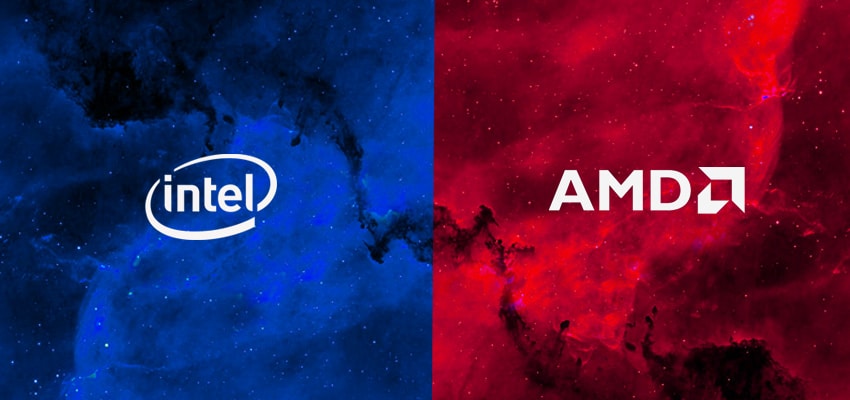When comparing AMD and Intel processors for business computers, the right choice depends on several factors such as budget, performance requirements, energy efficiency, and specific needs of the applications being used. Here’s an analysis that might help you decide:
Here is a comparison of AMD and Intel processors for business computers:
AMD
- Pros:
- More cores and threads for better multi-threaded performance
- More affordable than Intel processors
- More energy efficient than Intel processors
- Cons:
- Lower clock speeds than Intel processors
- Not as many features as Intel processors
Intel
- Pros:
- Higher clock speeds for better single-threaded performance
- More features than AMD processors
- More compatible with software
- Cons:
- More expensive than AMD processors
- Less energy efficient than AMD processors
- Fewer cores and threads for multi-threaded performance
In general, AMD processors are a better choice for business computers that need to perform multiple tasks at once, such as video editing or data processing. Intel processors are a better choice for business computers that need to perform single-threaded tasks quickly, such as gaming or CAD.
Ultimately, the best processor for your business computer will depend on your specific needs and budget. If you are not sure which processor is right for you, I recommend consulting with a computer expert.
Here are some additional factors to consider when choosing a processor for your business computer:
- The type of work you will be doing: If you will be doing a lot of multi-threaded tasks, such as video editing or data processing, then you will need a processor with more cores and threads. If you will be doing mostly single-threaded tasks, such as gaming or CAD, then you can get away with a processor with fewer cores and threads.
- The budget: AMD processors are generally more affordable than Intel processors. If you are on a budget, then AMD is a good option.
- The features: Intel processors often have more features than AMD processors. If you need specific features, such as Thunderbolt support or support for ECC memory, then you may need to choose an Intel processor.
- The compatibility: Make sure that the processor you choose is compatible with the other components in your computer. You can check the compatibility list on the manufacturer’s website.
Conclusion:
- For Budget-Conscious Businesses: AMD might be the better choice, especially if multitasking and parallel processing are important.
- For Compatibility and Specific Applications: Intel might be the preferred choice, especially if you’re using specific software known to perform better on Intel or if long-term support is crucial.
- For General Business Use: Both AMD and Intel offer robust solutions, and the best choice may come down to the specific models being compared and the exact requirements of your business operations.
Always consider working with an IT professional or consulting detailed benchmarks tailored to your specific use cases to find the best solution for your business environment.

